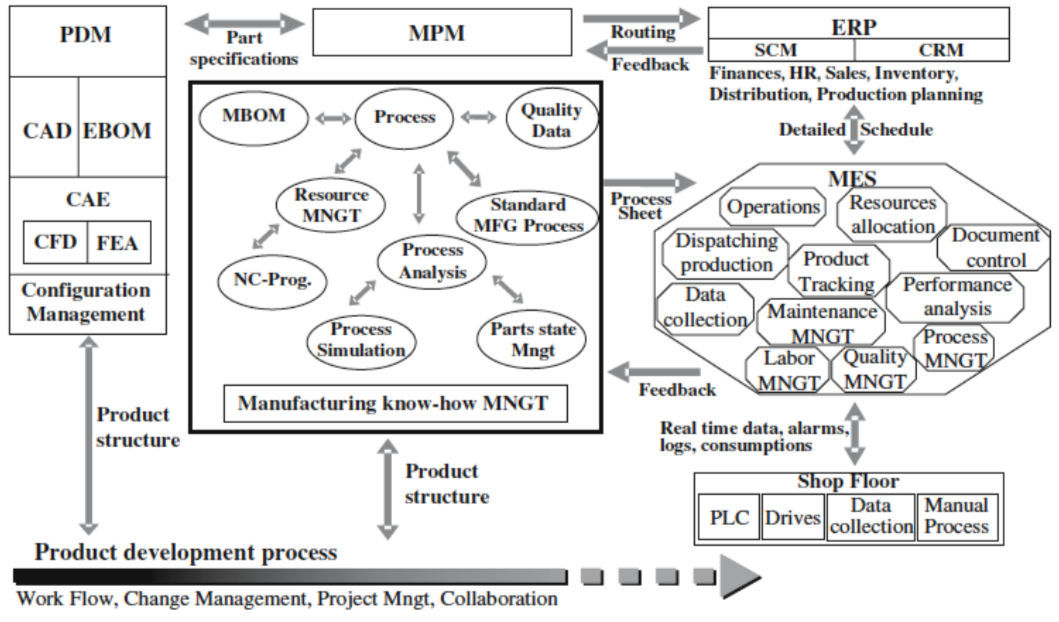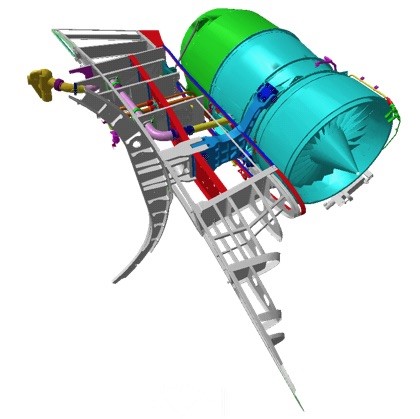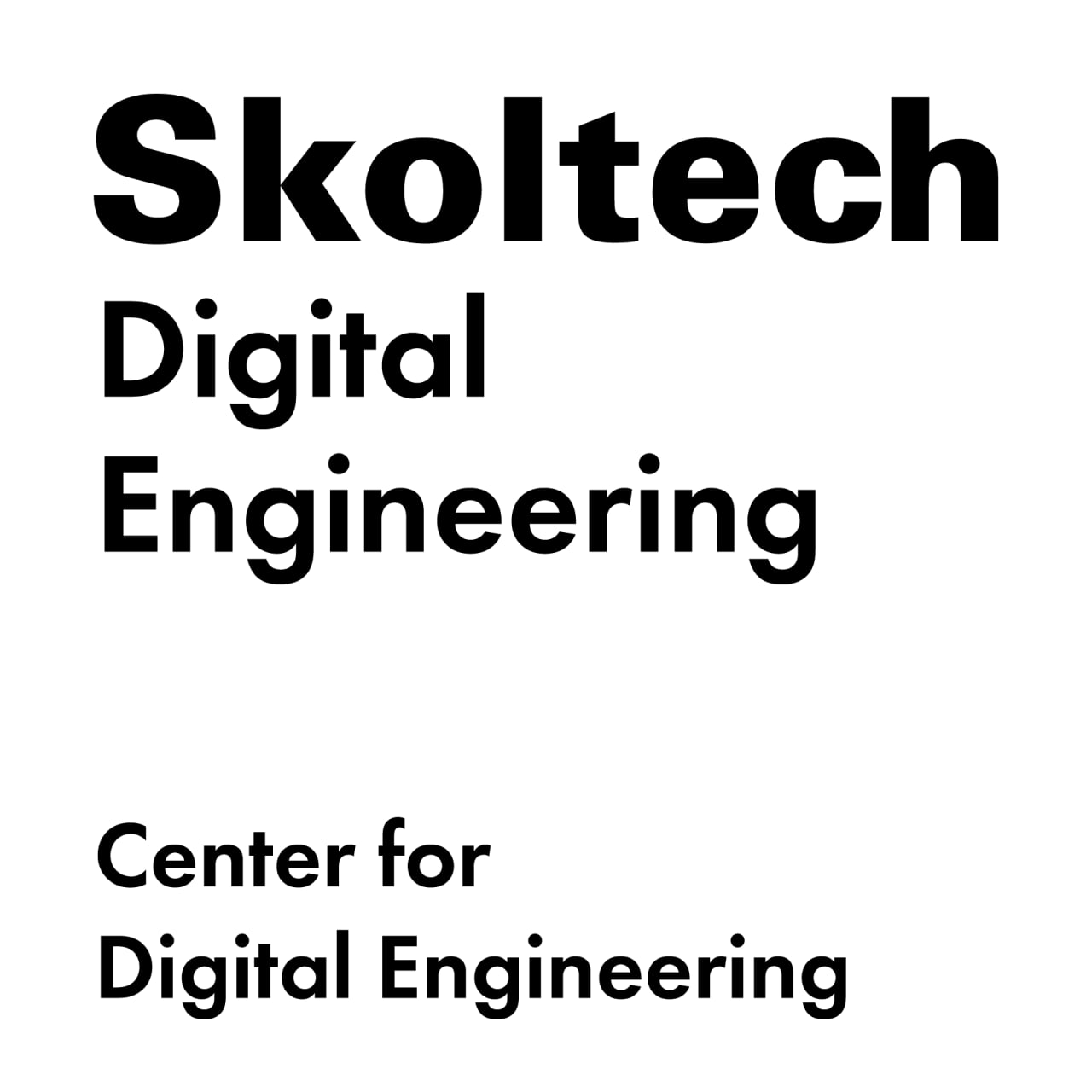

-
System Thinking and Digital Engineering
- Develop the methodology and digital platform of model-based conceptual design (MBCD), ensuring an ambidextrous design process and alternative concepts development and evaluation with decision making and design rationale support. The platform will support agile
and concurrent engineering processes to implement ambidextrous system development combining both process efficiency (exploiting) and its ability to foster disruptive solutions (exploring);
- Develop an innovative out of the box light Digital Engineering platform that would support the digital thread through the entire product lifecycle: from the conceptual design (MBCD/MBSE) to the detailed design (PLM). The change management simulation across the product/system/manufacturing/in-service life cycle to implement the Digital Twin Concept is also a target goal of this project. A particular emphasis will also be put on the reverse path, from the Internet of Things (IoT) devices, to the Product Lifecycle Management (PLM) and then to the Model-Based Systems Engineering (MBSE), for knowledge capture for future systems architecture development. The developed methodologies and tools would support the knowledge encoding and capturing in a model-based paradigm; and would provide the ontological foundations and the model-based lifecycle approach from the conceptual stage to the detailed design stage. In this direction of work, we will utilize the systems modeling
languages, among which are the Object-Process Methodology (OPM) and SysML. In this capacity we will continue contributing scientifically and practically to the most recognized world communities in the fields of systems engineering and product development
- International Council on Systems Engineering (INCOSE) and IFIP WG 5.1 (Global Product development for the whole life cycle). Our group’s preliminary research work in this direction could be found in the references;
- Complex systems interfaces studies and modeling with VR hardware and application tools development
It is well known that Interfaces are the source of most failures in complex systems but in practice they are never clearly represented and are generally hidden l; Develop the product interface management based on complementary relationships through possibly the
advancement of the Design Structure Matrix (DSM) methods and tools. The scientific novelty of this direction of work lies in the digitisation of the interfaces between various phases of the project, which makes it possible to ensure the connectivity of the entire project as a whole. The members of the research team have developed new approaches to apply DSM to integrate data across the entire lifecycle. This work requires further research
and implementation in order to co product interfaces through concretely display relationships and interfaces the entire lifecycle and to enable the verification & validation of the data through the entire V-model.
- Digital transformation of the NewSpace projects. Space product development and prototyping platform
- Develop digital transformation capabilities supporting the digital transformation of the space projects of NewSpace paradigm. These projects are characterized by the entrepreneurial dynamism and new approaches to space business ventures. They require a low-investment entry level and can benefit from the systems thinking research applied to space projects
- Develop a methodology for the space product development and prototyping platform. Such an approach would minimize the resources required for the design teams to test the system of interest, to repair, easily disassemble, modify, and rebuild any space hardware; emphasis will be put on ease of use, sustainability and easy manufacturing/assembly of the solution. It is foreseen that the principles developed for space product development and prototyping will also be most useful for earth based SMEs, to offer crowdsourcing of complex systems.
The project is led by Clement Fortin.
The project is led by Clement Fortin.
